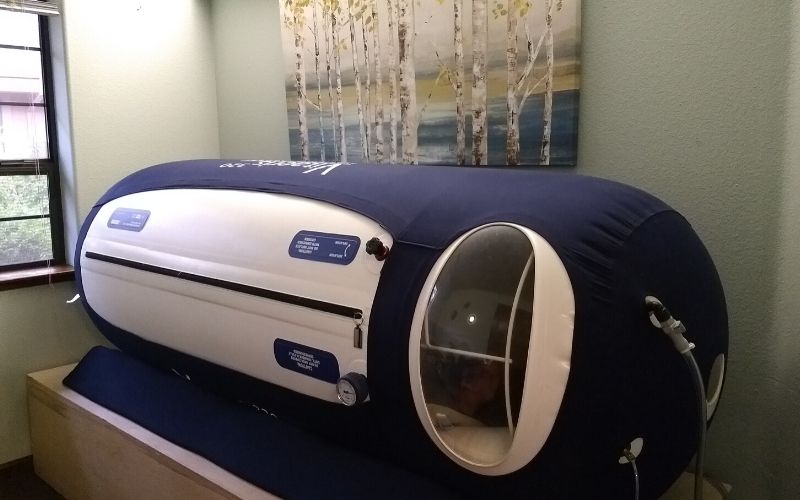Autism, a neurological disorder, is not only based on genetic. Besides genetic, recent studies found some evidences on cellular level with immune cell malfunctions, mitochondrial malfunctions etc. But most strong evidence is identification of some genetic markers specific for ASD (Autism Spectrum Disorders). That is why autism is called strongly genetic.
Apart from that, a recent study on diagnosis and treatment of maternal thyroid disorder with susceptibility to autism and ADHD (Attention-Deficit Hyperactivity Disorder) in their offspring was conducted by Stine Linding Andersen and his colleagues. It suggests a correlation between maternal thyroid dysfunction and the offspring with autistic symptoms or with ADHD.
Thyroidal dysfunction can be classified generally in 2 classes. One is hypothyroidism and second is hyperthyroidism. Hypothyroidism results in less secretion of thyroid hormone, and hyperthyroidism results in more production and secretion of thyroid hormones.
There are also two types of thyroid hormones. One is T3 (triiodothyronine) and second is its pro hormone T4 (thyroxine).
Addition of iodine molecules helps to produce thyroxine. These thyroid hormones are responsible to enhance cellular metabolic functions, growth and also oxygen consumption. But in case of fetus, it has two sources of thyroid hormones. First, from its own thyroid gland, and second, from the thyroid of its mother.
Maternal hypothyroidism causes infertility though it is not directly associated with fetal disease. Through placenta, a baby can get thyroid from its mother in its preneonatal stage as it is an another source of thyroid for the preneonate. So, maternal hypothyroidism can be a cause of developmental diseases in neonates or in new offspring.
As we discussed, the function of thyroid hormone is to maintain cellular metabolic rate, body temperature and also to help in growth at very early stage. So, low I.Q. and difficulties in school works are commonly found in children born from mothers with hypothyroidism.
In 1888, Clinical Society of London reported an issue on importance of thyroid function on brain development or neuro development. It was found that T3 and T4 work on growth of dendrites and axons, synaptogenesis and myelination. Thyroid hormones can act by binding with nuclear receptors of responsive genes. There are many more target receptors for thyroid hormones in brain. All are not well understood or well identified but it was found that the promoter of myelin basic protein gene is a target receptor and as well as responsive to thyroid hormones.
This observation concludes that thyroid is an essential hormone for brain development and when it is not secreted through placenta into the preneonate, it may cause autistic disorders and ADHD (Attention-Deficit Hyperactivity Disorder). ASD can’t be cured because of its strong genetic basis but can be managed with early diagnosis and interventions. ADHD also comes with some symptoms like ASD. With lack of social skill, ADHD includes lack of focusing or paying attention to something, hyper activity, sleep disorders, etc. Medication, psychotherapy and combination of treatments are used to treat ADHD to some extent like ASD.
HBOT is another finding to treat autism where 100% pure oxygen is used to reach an adequate level of oxygen in body fluids, tissues and as well as in neuron cells. Although autism is not curable but besides early interventions, the flow of oxygen with several folds of normal atmospheric pressure in hyperbaric chambers can improve autism to some extent.


